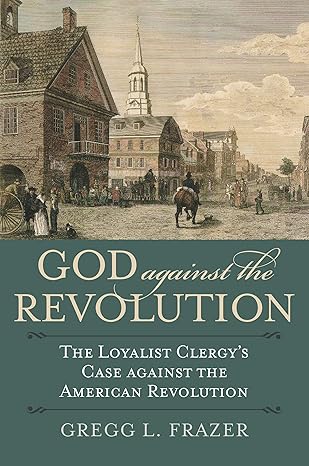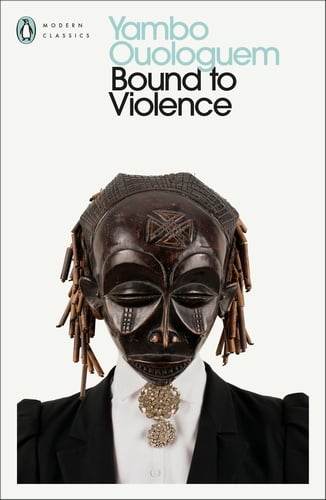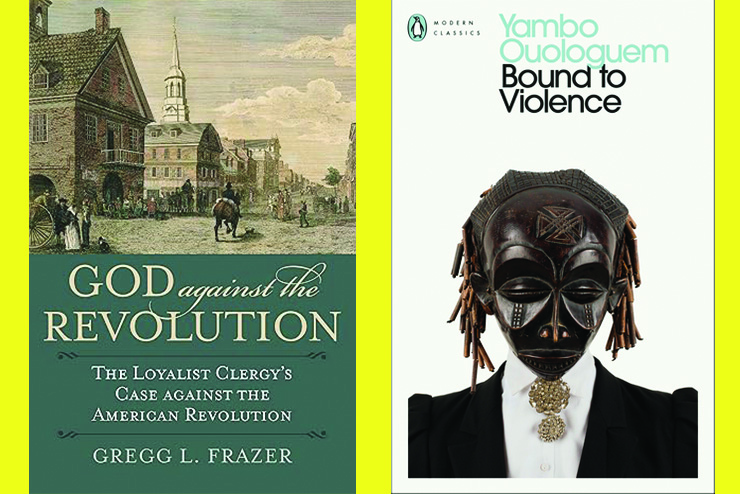
The winners write history. The Loyalist side of the American Revolution has thus fared poorly under the interpretive tyranny of the revolutionists. But the losing side is not without persuasive arguments.
Both disputants invoked the Bible. Two passages about obedience to governing authorities—Romans 13:1 and the First Peter 2:13—were especially contested. In his God Against the Revolution, Frazer shows how the Loyalist reading of Scripture was more faithful to the spirit of the text than that of the Patriots. Supporters of the Revolution blithely ignored obedience as a core Christian principle, and interpreted biblical proclamations about the freedom won by mankind through Christ as directly political. The Loyalists insisted it was spiritual freedom that was of primary concern to Christians.
Different theories of human nature drove the two sides, Frazer writes. The revolutionists who wanted to break from the authority of the English constitutional monarchy to form an American republic believed humankind was good at its core. The Loyalists kept steadfastly to the Christian view of man as fallen creatures in need of tradition and institutional authority to rein in its transgressive tendencies. In the Loyalist view, the revolutionaries constituted little more than another example of our sinful nature.
George Washington’s close friend Jonathan Boucher was an important Loyalist preacher and blunt in his appraisal of the revolutionary clergy. He argued they had the responsibility of preaching “necessary rather than agreeable sermons.” Instead, they chose to be popular by being “very like the bulk of the people, that is, wrong-headed, ignorant, and prone to resist authority.”
America would be a very different place had the Loyalists won. The revolutionary United States began its liberal drift early. The Founding Fathers had described the danger of expanding suffrage beyond property holders who had a material stake in the stability of the existing order. Yet lawmakers began to do just that a few years into the existence of the Republic.
Nevertheless, our former colonial governing authority in Britain has arguably descended still further into cultural anarchy. It may have been inevitable that both countries would prove incapable of maintaining their identities. But perhaps our ability to resist such cultural diseases might have been somewhat fortified if we had remained one people.
—Alexander Riley

In 1968, a novel by a 28-year-old African became a sensation. But Le Devoir du Violence ultimately destroyed its author.
The Paris-educated scion of a wealthy Malian family, Yambo Ouologuem, was lauded by Le Monde as one of “the rare intellectuals of international stature presented to the world by Black Africa.” That may sound condescending, but it signified sincere astonishment at his book’s epic phraseology and uncompromising power. The novel was a gore-dripped faux history of Ouologuem’s proverbially remote homeland, renowned as the land of Dogon cosmologists and the famously far-off Timbuktu. The country conquered both its would-be conquerors and its inhabitants, from cannibalistic tribesmen, lascivious witch doctors and sadistic native rulers to the devious colonists who systematically stripped “French Soudan” of assets until its independence in 1960.
Ouologuem’s first novel won the Prix Renaudot. Everything suggested a high-flying future for the author as a satisfyingly noir non-Christian homme de lettres in a France theoretically wedded to Liberté, Egalité, and Fraternité, and jadedly yearning for ethnic “authenticity.”
But other African intellectuals objected to the novel ridiculing their continent’s culture and its seemingly evenhanded treatment of the execrated Europeans. A more damaging reaction came when critics noticed similarities to Graham Greene’s 1934 novel It’s a Battlefield as well as to works by Guy de Maupassant and André Schwarz-Bart.
Greene demanded alterations. Ouologuem refused, and his publishers had to cease further publication. Wounded, Ouologuem retreated to his home province, where he eked out a life in obscurity until his death in 2017, eschewing contact even with rare well-wishers who sought him out.
Penguin’s new 2024 edition aims to rehabilitate the author by suggesting that his plagiarism was either a misunderstanding or maybe even a conscious act of cultural decolonization. Those pedantic Westerners who harp on the plagiarism may be motivated by racism, of course. To borrow from the book, readers are meant to accept this “as a boa swallows a stinking antelope.”
But whatever its debts to other authors, Bound to Violence is powerfully memorable in its own right and is likely to be relished by admirers of unflinching satire. Ouologuem’s outlook has proved more durable than that of his contemporaries who foresaw postcolonial paradises. His mordant insights, as an earthy Mande saying goes, resemble the “dark droppings of the hyena, that become whiter and clearer the longer they are exposed to the elements.”
—Derek Turner

Leave a Reply